World Leaders Unite in Condemnation of Political Violence
The attempted assassination of former US President Donald Trump during a rally in Butler, Pennsylvania, has sent shockwaves through the global political landscape. In an incident that has left one spectator dead and two critically injured, Trump himself was shot in the right ear. This act of violence has sparked widespread outrage and condemnation from leaders around the world.
British Prime Minister Sir Keir Starmer was among the first to voice his shock. He expressed his heartfelt best wishes to Trump, as well as the families of the victims. Starmer's sentiments were echoed by many, including US President Joe Biden, who emphasized that such violence has no place in American society. The gravity of the situation has united many leaders across continents in their disapproval and concern.
Global Leaders Speak Up
French President Emmanuel Macron described the incident as a tragedy for democracies everywhere. He labeled the attack as despicable and called for an international stand against such heinous acts. Canadian Prime Minister Justin Trudeau remarked on the increasing dangers that political figures face in current times, while Japanese Prime Minister Fumino Kishida and Indian Prime Minister Narendra Modi also voiced their strong denunciation of political violence. Ukrainian President Volodymyr Zelenskyy, whose country has been embroiled in its own political turmoil, extended his support and called for a united front against threats to democratic institutions.
These leaders' responses collectively highlight the severity with which the global community views the assault. The underlying message is clear: violence against political figures and bystanders not only destabilizes societies but also disrupts the principles of democracy that many nations deeply cherish.
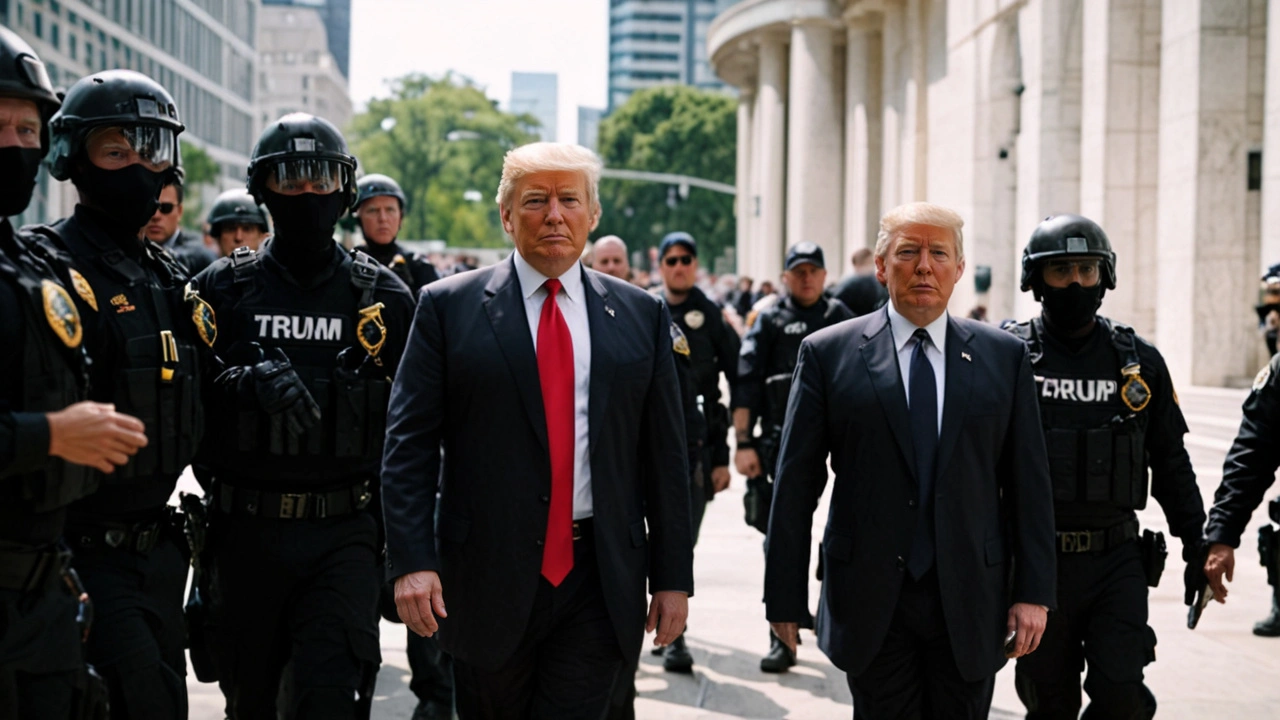
Political Violence: A Growing Concern
The attack on Trump is unfortunately not an isolated event. It is part of a worrying trend seen in various democratic societies, where political violence seems to be on the rise. Recent years have seen a spate of attacks on public figures, from assassination attempts to verbal threats and harassment. This environment of hostility poses a significant threat not just to individuals but to the democratic institutions they represent.
The idea that political violence is becoming more accepted or more common is a terrifying one. The democratic process relies on peaceful discourse and the ability to disagree without resorting to violence. When acts of aggression become part of the political landscape, the very fabric of democracy is put at risk. It raises questions about how societies can safeguard their political environments and protect public figures from harm.
The Role of Security Measures
In light of this attack, there is a growing call for enhanced security measures at political events. Ensuring the safety of political figures and the public is paramount. Simple measures, such as increased security personnel and better screening at events, might not be sufficient in facing modern threats. The complexities of modern society require a multi-faceted approach to security that goes beyond the physical to include intelligence gathering and threat assessment.
Moreover, there needs to be a concerted effort to address the root causes of political violence. This is not merely an issue of law enforcement but also one of societal attitudes and polarizations. Political leaders, media, and the public have roles to play in fostering a political environment where debate and differing opinions do not lead to violence but are approached with tolerance and understanding.
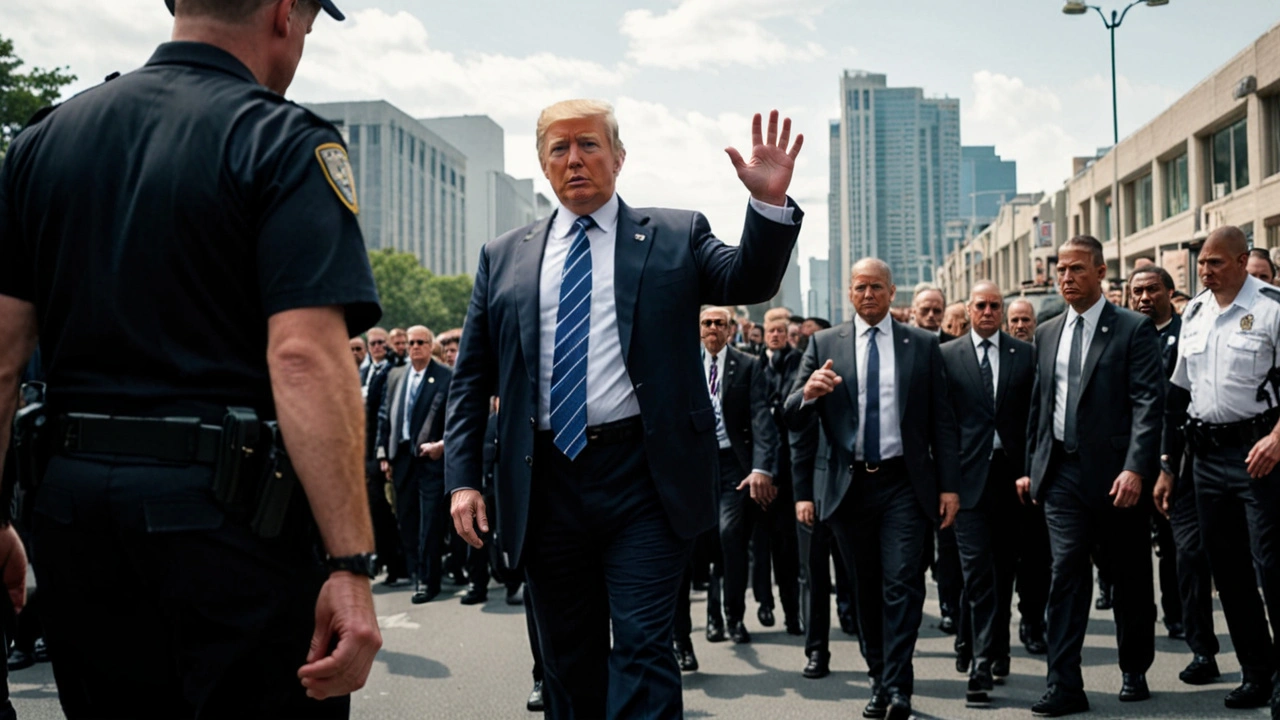
The Aftermath and Moving Forward
The immediate consequences of the attack on Trump are substantial: individuals have lost their lives, others have been critically injured, and a former President has narrowly escaped with his life. However, the broader implications might be even more worrying. This incident serves as a stark reminder of the volatile and dangerous path political discourse can take when left unchecked.
Moving forward, it is crucial for societies to reassess how they handle political debates and ensure that violence does not become an accepted part of the process. Policymakers and influencers must work collaboratively to create spaces for safe and constructive dialogue. Reinforcing the values of democracy, freedom of expression, and mutual respect can help turn the tide against rising political violence.
The tragic event in Butler is a wake-up call for democracies worldwide. As world leaders rally and condemn the attack, the collective voice against political violence grows stronger. The hope is that through combined efforts, a future can be secured where political violence is an anomaly rather than a norm.
As details continue to emerge and investigations proceed, the international community remains steadfast in its resolve to denounce acts of violence and uphold the values of democracy. The unity shown by global leaders sends a powerful message: democracy must be protected, and political violence must be eradicated.
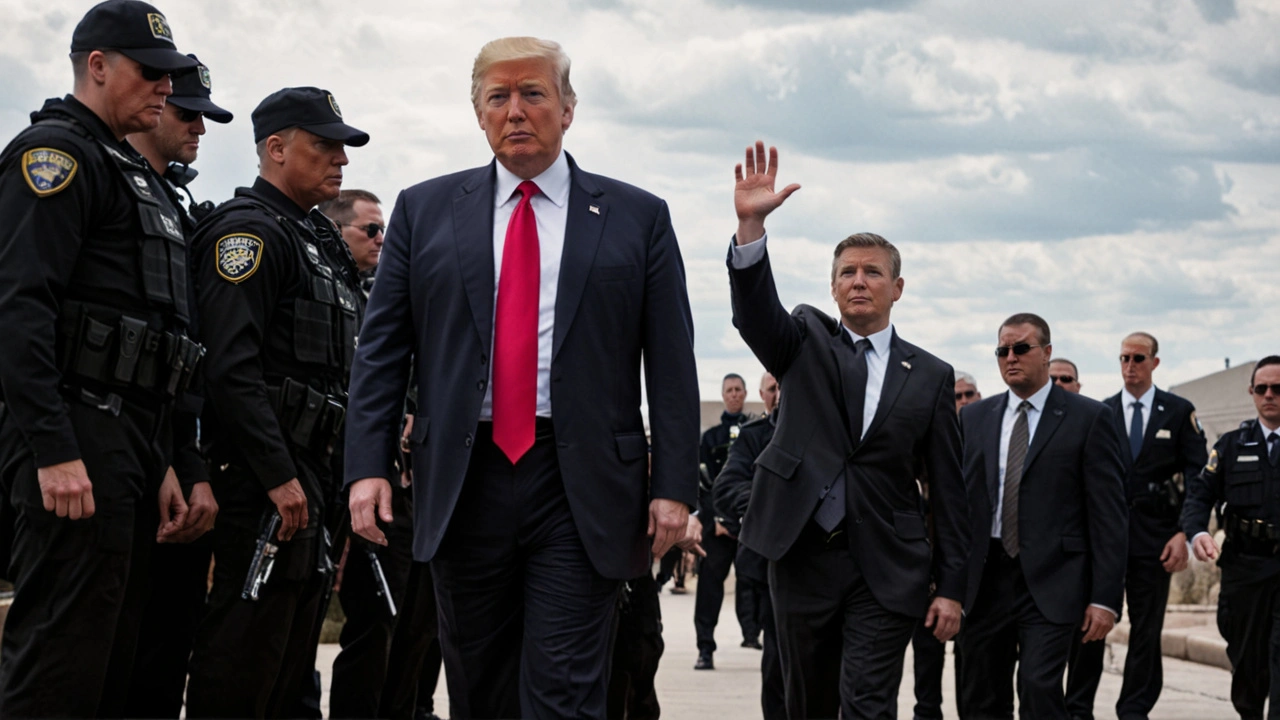

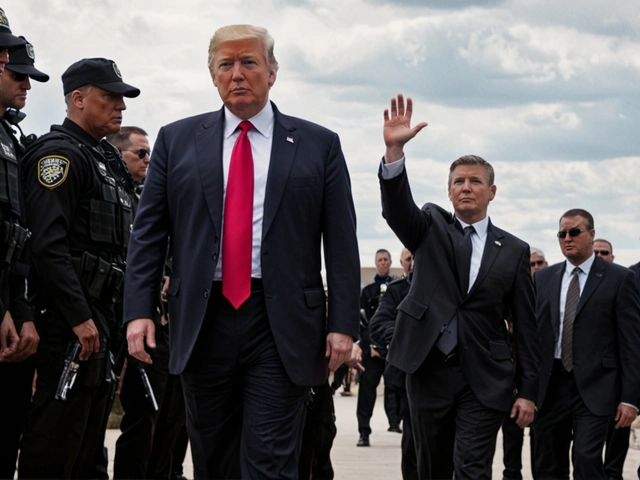
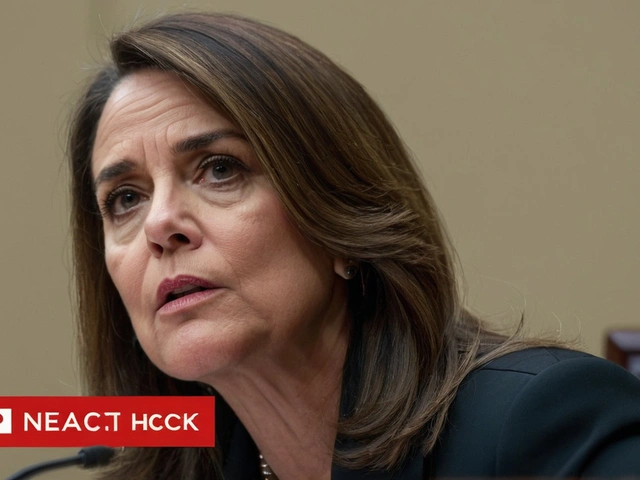
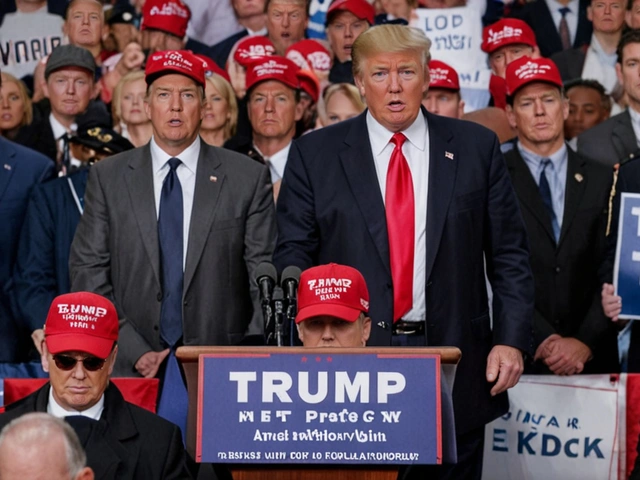
Leave a Comments